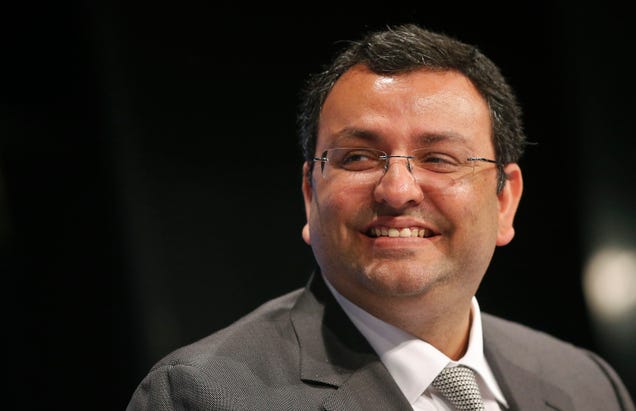
India lost more than 155,000 lives in road crashes in 2021, the highest ever. There is unlikely to be a major reduction this year.
The death of Cyrus Mistry, one of India’s best-known business leaders, yesterday (Sept. 04) made it amply clear that the distinction between the rich and poor is lost in this category of tragedies.
Prime minister Narendra Modi’s minister Gopinath Munde died in one such accident in the heart of the national capital in 2014. Popular comedian Jaspal Bhatti met with a similar fate in 2012.
The details of the incident that killed 54-year-old Mistry, the head of the construction and real estate conglomerate Shapoorji Pallonji Group and a former chairman of Tata Sons, are still seeping in.
However, it has brought back the spotlight on road accidents in India, which with a mere 1% of the world’s vehicles, accounts for about 10% of all crash-related deaths, according to the World Bank.
Interestingly, while the number of such deaths peaked last year, that of road crashes came down from the previous years, according to the National Crime Records Bureau (NCRB).
India’s deadly roads
In 2021, India witnessed an average of 18 deaths per hour due to road accidents, NCRB data show. The data further highlighted that public transport, like buses, was safer than private modes of conveyance.
A third of India’s vehicular crashes take place on its national highways, according to NCRB. In 2021 alone, 53,615 people died on these highways.
Besides, the Indian roads are already among the world’s most unsafe. India stands in the fifth position among the countries that have some of the deadliest roads globally. The first four are South Africa, Thailand, the US, and Argentina, as per a study by driver’s education company Zutobi.
Why are road accidents so common in India?
Speeding and negligent driving are the most common reasons for fatal car rides in India, according to NCRB. The first caused 87,000 deaths in 2021 and the second led to 42,000 more.
Mistry’s death has also revived discussions around seatbelts—often left unused by Indians—and airbags in the country.
Awareness around seatbelts is low.
It is only in February, for instance, that the Indian government made three-point seatbelts mandatory for all cars with front-facing passenger seats.







